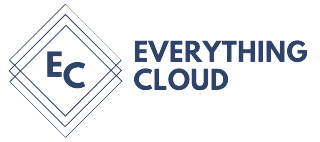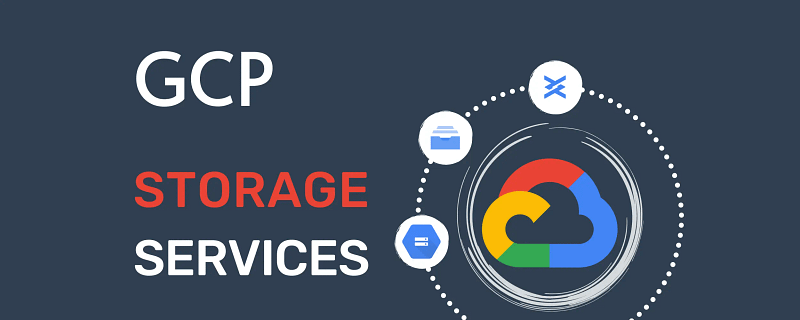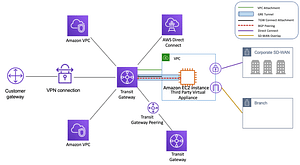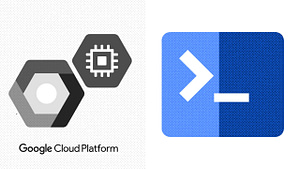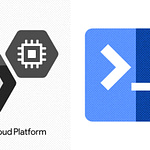Google Cloud Platform (GCP) offers a variety of storage options to meet the needs of different types of workloads and data sets. In this blog post, we will compare three of these options: Cloud Storage, Cloud SQL, and Cloud Bigtable.
- Cloud Storage is GCP’s object storage service, which allows you to store and retrieve large amounts of data. It is designed to be highly scalable and can handle millions of requests per second. Cloud Storage is a good option for storing unstructured data, such as documents, images, and videos. It is also well-suited for storing data that needs to be accessed frequently, such as log files or user-generated content.
- Cloud SQL is GCP’s managed database service, which allows you to create and manage relational databases in the cloud. It supports a variety of database engines, including MySQL and PostgreSQL. Cloud SQL is a good option for storing structured data that needs to be accessed quickly and queried using SQL. It is also well-suited for applications that require strong transactional support.
- Cloud Bigtable is GCP’s scalable NoSQL database service, which is based on Google’s Bigtable technology. It is designed to handle large amounts of structured data that need to be accessed quickly. Cloud Bigtable is a good option for storing and accessing large datasets, such as machine learning models or log data. It is also well-suited for real-time analytics and high-volume workloads.
One of the main differences between these storage options is the type of data they are designed to store. Cloud Storage is best for unstructured data, while Cloud SQL and Cloud Bigtable are better suited for structured data. Cloud SQL and Cloud Bigtable also offer more advanced querying capabilities than Cloud Storage, which makes them more suitable for applications that require fast data access.
Another key difference is the level of scalability and performance. Cloud Storage and Cloud Bigtable are both highly scalable, while Cloud SQL is more limited in this respect. Cloud Bigtable is generally the most performant of the three options, particularly for large datasets and high-volume workloads. However, it is also the most expensive of the three options.
In terms of pricing, Cloud Storage and Cloud Bigtable are both charged based on the amount of data stored and the number of requests made. Cloud SQL is charged based on the type and size of the database instance, as well as the amount of data stored.
When deciding which storage option to use, it is important to consider the type and size of your data, as well as the performance and scalability requirements of your application. If you are storing unstructured data and do not need advanced querying capabilities, Cloud Storage may be the best choice. If you are storing structured data and need fast data access, Cloud SQL or Cloud Bigtable may be a better fit.
Another important consideration is security. All three storage options offer robust security features, including encryption at rest and in transit, as well as access controls and monitoring capabilities. However, Cloud SQL and Cloud Bigtable offer additional features such as automatic patching and backup options, which may be important for certain types of workloads.
In summary, GCP offers a variety of storage options to meet the needs of different types of data and workloads. Cloud Storage is best for unstructured data, while Cloud SQL and Cloud Bigtable are better suited for structured data. Cloud Bigtable is the most performant option, but also the most expensive. When deciding which storage option to use, it is important to consider the type and size of your data, as well as the performance and scalability requirements of your application.

